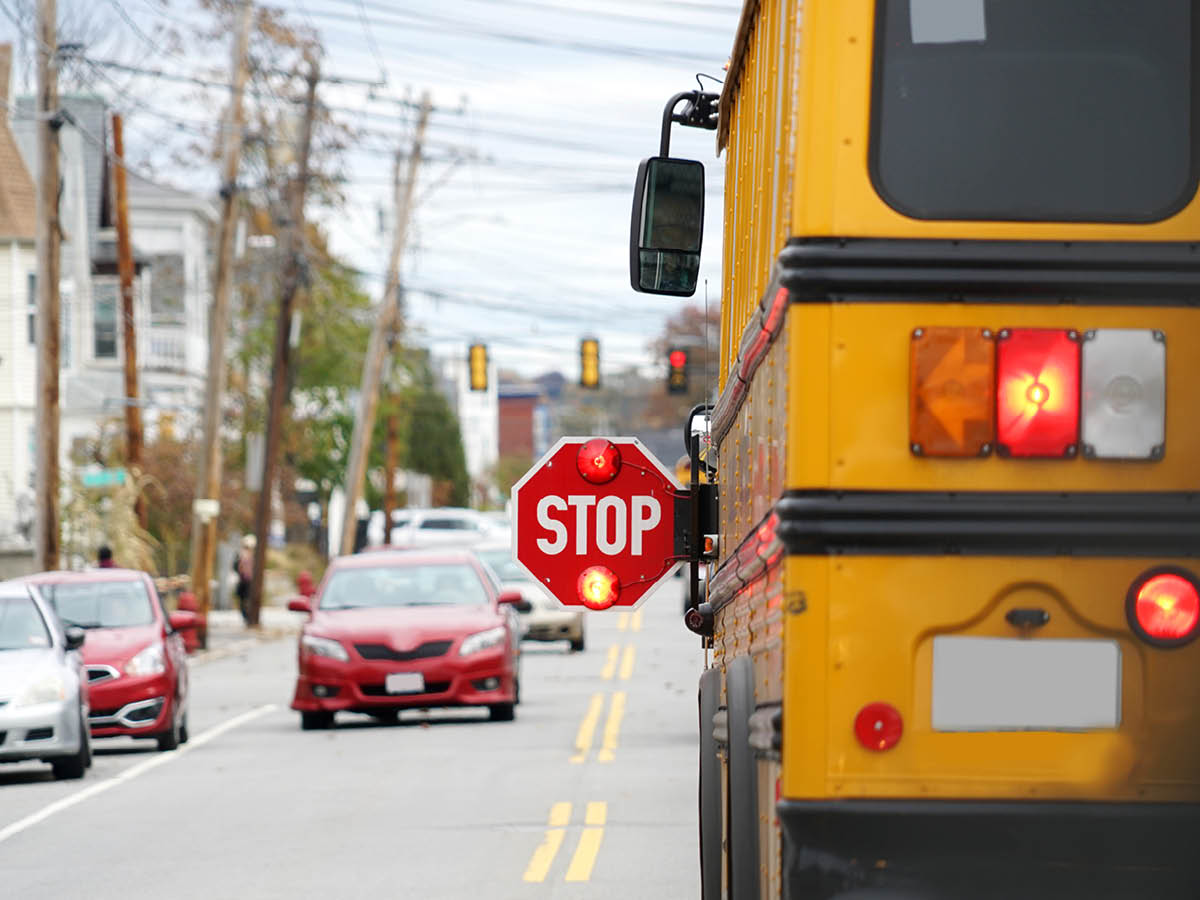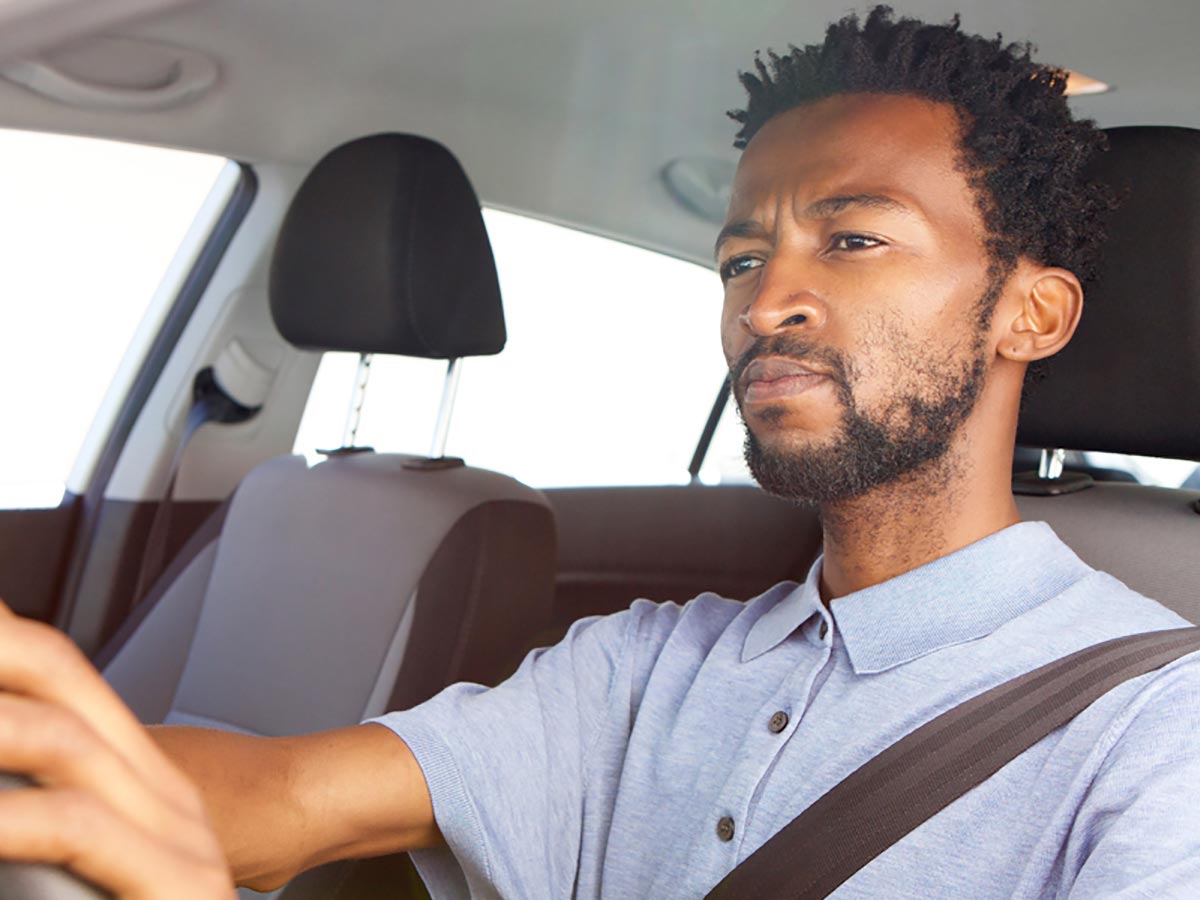Insured with a local Desjardins Agent?
Log in to My AccountNot sure which login to choose?
If you’re insured with us directly, log in to your Online Services account.
Choose this option if you contact us by phone, and you usually speak to different insurance advisors when you call.
If you’re insured with a local Desjardins Agent, log in to My Account.
Choose this option if you know your Agent by name, and they have an office in your local area.
Even if this has not happened to you, it is very common for parents to lend their cars to their children or for licensed but temporarily carless friends to borrow from others.
Here is what you need to know:
- Generally speaking, your car insurance company handles everything that happens to your car, yourself and, with the exception of those who use your car without your consent, any other person who uses it. That means that, when you lend your car, you’re also lending out your insurance. If a friend crashes your car after borrowing it from you, your insurance company will probably pay out. Remember that you, rather than your friend, will pay the deductible, you will lose the no-claim bonus and be penalised for being an unsafe driver with higher premiums.
- Before you feel re-assured, however, keep in mind that your policy specifies a limit to the amount you are allowed to claim. If your friend crashes your car and causes a massive amount of physical damage or serious bodily injury to someone outside your car, your insurance company will pay until it reaches your policy’s limit. Then you will be responsible for whatever the other parties wish to claim beyond that. The court may even attach your personal assets, like your home, to compensate the injured parties.
- If your friend in scenario 2 is insured, your insurance companies will typically share the cost, since you are jointly responsible for the accident.
- If your friend in scenario 2 is not insured, the amount for which you will be responsible is even larger, since your insurance company will not have another company with which to split the damages.
- If you lend your car to the same person very frequently, your insurance company may advise that the person should be named as an occasional driver under your insurance policy. This means that the company might resist paying out if such a friend crashes your car, on the grounds that you did not disclose all the drivers that routinely use your vehicle.
- If a friend crashes your car while intoxicated, the same conditions apply as when you crash your own car while under the influence, namely, your insurance company is likely to refuse to pay out your claim for damages. Your premiums will also increase enormously, since you will be listed as a severely irresponsible driver.
- If your friend does not have a valid drivers’ license, borrows your car and then crashes it, your insurance company probably won’t pay out your claim and your premiums will rise. This holds even if your friend’s license is only temporarily suspended.
Before lending a car to a friend, make sure that she has a drivers license and that she is as responsible as you believe yourself to be. Lending out your insurance is not a decision to take lightly.
Lending Your Car to a Friend
Have you had the experience of loaning your car to a friend just to find that your insurance company refused to pay out when they have had an accident?
These tips are provided for information and prevention purposes only. They are general in nature, and Desjardins Insurance cannot be held liable for them. We recommend using caution and consulting an expert for comprehensive, tailored advice.
In Quebec, Desjardins Insurance refers to Desjardins General Insurance Inc. In Ontario and Alberta, Desjardins Insurance refers to Certas Direct Insurance Company, underwriter of automobile and property insurance.



